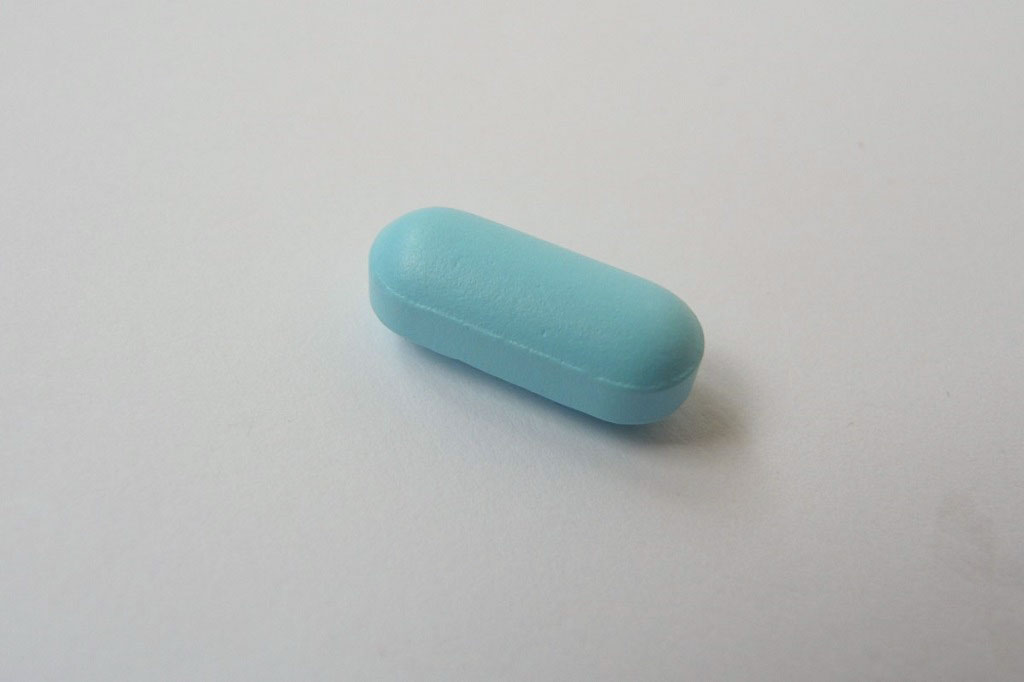'Exercise pill' could potentially help people with heart failure
Heart and lungs
“Pill that mimics effects of going to the gym could transform lives of heart failure patients,” the Daily Mirror reports. While the news sounds promising, it is important to make clear this research involved rodents, not people.
Heart failure is when the heart is unable to pump blood around the body properly. It fails to meet the body’s demand for oxygenated blood, leading to symptoms such as breathlessness and fatigue.
One of the causes of heart failure is cardiomyopathy, which is when the heart muscle has become stretched, thickened or stiff.
Researchers wanted to see if a protein called cardiotrophin 1 could help stimulate the growth of new muscle cells.
The study found the protein promoted heart cell growth, similar to the way exercise increases heart strength. The effect of the protein was also reversible, as are the effects of exercise.
While this is very exciting, given that there is currently no cure for heart failure, it is still only early-stage research so it could be years before a drug becomes available. And this would only become available if it managed to pass clinical trial stages in people.
If you have been diagnosed with heart failure, making healthy lifestyle choices such as stopping smoking, eating healthily and moderating alcohol intake can prevent complications. You may also be referred to a cardiac rehabilitation programme, which usually involves specialised exercise classes.
Read more about living with heart failure
Where did the story come from?
The study was carried out by researchers from Ottawa Hospital and the University of Ottawa in Canada, and Fate Therapeutics Inc. in San Diego, US.
The work was funded by grants from the Canadian Institutes of Health Research, the Ontario Research Fund, the Heart & Stroke Foundation of Canada and Fate Therapeutics.
Fate Therapeutics is a biotech company. One of the study’s authors has served on the company’s scientific advisory board.
The study was published in the peer-reviewed medical journal Nature on an open-access basis, meaning it is freely available to read online
The UK media’s reporting of the research was generally accurate, although the Daily Express failed to make it clear that the research was conducted in mice.
And neither the Express nor the Mirror made clear that promising results in rodents often do not carry over to humans.
What kind of research was this?
This was experimental research conducted in a laboratory on mice and rats with heart failure. It looked at the effect of a protein called cardiotrophin 1 on the heart muscles following heart failure.
Early-stage experimental research such as this is very important in finding potential new drugs that could go on to benefit patients in a way that is not currently available. However, it is a potentially long process before such drugs can be accessed by people with heart failure.
What did the research involve?
Researchers wanted to see whether delivering the protein human cardiotrophin 1 (hCT1) over a 14-day period to mice with heart failure would alter their heart structure and could be a potential treatment for heart failure.
Heart muscle can grow in either a healthy or detrimental way. Healthy growth, usually caused bv regular exercise, is reversible. Reversibility is a good thing in this circumstance as the heart needs to adapt to changing individual circumstances.
When it grows in a detrimental way, the extra heart muscle growth is irreversible and does not improve heart function. This can then result in heart failure
The researchers aimed to see if they could stimulate healthy, reversible heart muscle growth in rats and mice using hCT1 protein.
They also wanted to study the effect of a decongestant called phenylephrine, usually used for blocked noses, on rodent hearts. Phenylephrine has been linked to detrimental increase in heart muscle.
They assessed the mice and rats after two weeks of treatment by looking at echocardiograms of the hearts to see any changes.
The treatment was then stopped and echocardiograms carried out six weeks later to see if the effects were reversible. An echocardiogram is when an ultrasound scanner is used to assess the structure of the heart and surrounding blood vessels while also analysing how well the blood is flowing.
Additionally, the researchers carried out experiments on the heart cells of mice to see whether the hCT1 protein changed the structure of cardiac muscle cells.
What were the basic results?
They found that both phenylephrine and hCT1 stimulated heart muscle growth. However, hCT1 had a better ability to control this process and produced structural changes to the heart similar to those induced by exercise. This was in contrast to the phenylephrine treatment, which caused the heart muscle cells to grow wider, but without any positive effects.
After hCT1 treatment was stopped, the heart growth had reversed by six weeks – in a similar way to when exercise is stopped. But the phenylephrine-induced growth was found to be irreversible, which runs the risk of causing heart failure.
Also, the hCT1 protein reduced the loss of function and unhealthy growth associated with right heart failure (where the right-hand side of the heart loses some or all of its pumping ability).
How did the researchers interpret the results?
The researchers concluded they have demonstrated that giving mice the protein cardiotrophin 1 produces “beneficial remodeling of the heart. The cardiac adaptations elicited by cardiotrophin 1 display the essential characteristics and benefits that are associated with endurance exercise adaptation, all of which are fully reversible when cardiotrophin 1 protein delivery is discontinued”.
Conclusion
The protein hCT1 caused heart muscles to grow in a more healthy way in rodents with heart failure. When treatment stopped, the heart went back to its original condition – something that does not happen when the heart grows in a dysfunctional way.
There is currently no cure for heart failure and treatment is only available for keeping symptoms under control. Therefore, the potential of this drug has huge implications.
This is very promising early-stage research with the potential for developing a drug for people with heart failure.
However, it is important to remember that as this is experimental laboratory research, there are a lot more stages and hurdles to clear before a drug could be available for people. Something that works for rats and mice will not necessarily work for humans as we are anatomically different and biological processes do not happen in exactly the same way. It may also cause future side effects that were not apparent in these short-term laboratory experiments.
If you have been diagnosed with heart failure, follow your doctor’s advice on how you can relieve your symptoms, reduce your risk of complications and improve your overall quality of life.
Read more about treating and living with heart failure.






 Subscribe
Subscribe Ask the doctor
Ask the doctor Rate this article
Rate this article Find products
Find products








